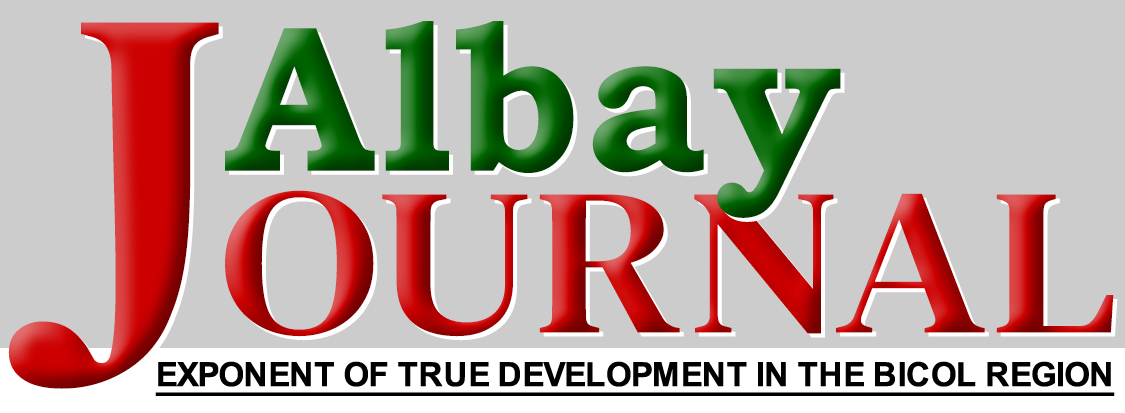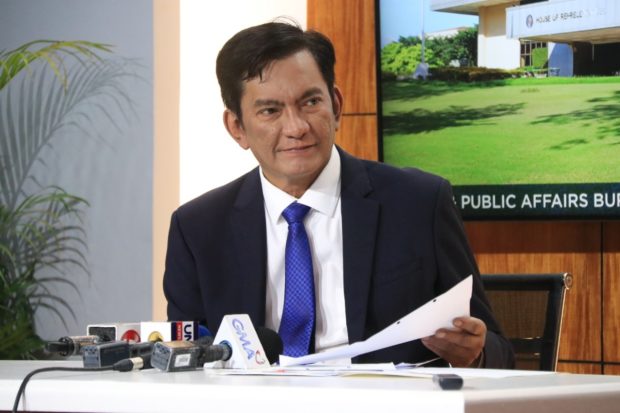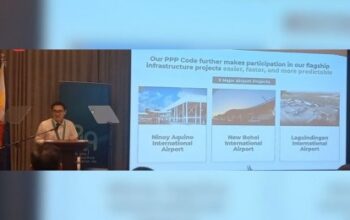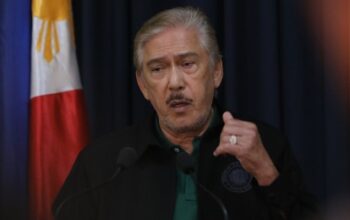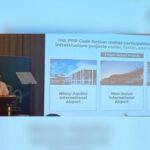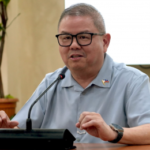House Ways and Means Chair Joey Sarte Salceda (Albay, 2nd district) has thanked the House leadership for its quick passage last week of HB 7909 which extends the Estate Tax Amnesty for another two years,. The measure is expected to benefit about one (1) million families.
HB7909 which postpones the Estate Tax Amnesty deadline from June 14 this year to June 14, 2025, was approved by the House of Representatives on second reading on May 11, by voice vote.
Salceda said almost a million families still have unsettled estates that could benefit from the measure: “Now the deadline is about to come — June 14, 2023, but hundreds of thousands of families – I estimate as much as 920,000 Filipino families, still have pending estates to settle.”
In his sponsorship remarks at the Committee on Rules on Thursday, Salceda explained that the idea is to transfer estates more efficiently and more expeditiously, so that their value can be unlocked for better economic use. “As blunt as this sounds, the dead cannot use or optimize assets. That task falls solely on the living,” he pointede out.
If enacted into law, the measure would represent the second extension of the estate tax amnesty under RA 11213, which initially ran from 2019 to June 14, 2021. RA 11569, which was passed by the previous Congress, had extended the amnesty period again by two years to June 14, 2023.
The proposal also expands the coverage of amnesty-eligible estates to those whose decedents died on December 31, 2021, from the current December 31, 2017 coverage.
Salceda explained that “economic recovery – especially expanding productivity – remains as this Congress’s top priority. Productivity, of course, depends on capital assets – especially land. The more easily assets can be passed on to their productive users, the better it will be for the economy as a whole.”
“As many of you know, unsettled estates can leave land and other assets idle and unused for years if not decades. That is why, when the Estate Tax Amnesty was first enacted and then extended, some 133,860 individuals availed of the program from 2019 to 2023, bringing about Php7.4 billion in collection,” he noted.
Salceda also cited the difficulty of settling estates, as families tend to prioritize the expenses of funeral services and unpaid medical bills upon the death of a family member.
“This is especially difficult given the fact that you have to settle an estate right after losing a loved one. And, if it takes them too long, they incur additional penalties, making it very difficult to actually settle estate tax obligations. That is the point of the 6% unitary rate without penalties or surcharges,” he added.
“RA No. 11213 was passed to provide taxpayers immunity from the payment of estate taxes until June 15, 2021. However, the pandemic hampered the settlement of estates. To give people more time to settle estates, we extended the estate tax amnesty from June 15, 2021, to June 14, 2023, by enacting RA No. 11569 last Congress,” Salceda explained.
“We also streamlined the procedures by removing the requirement of proof of settlement in the payment of the estate tax under the same law,” he added.
